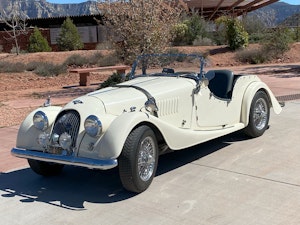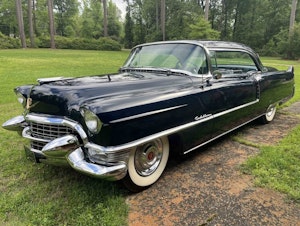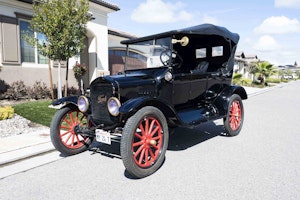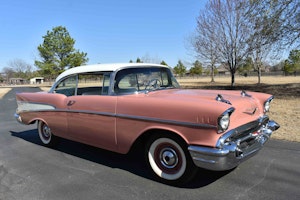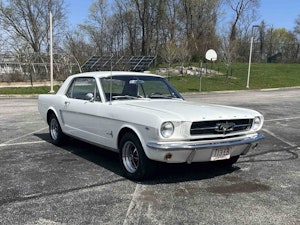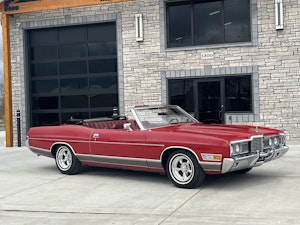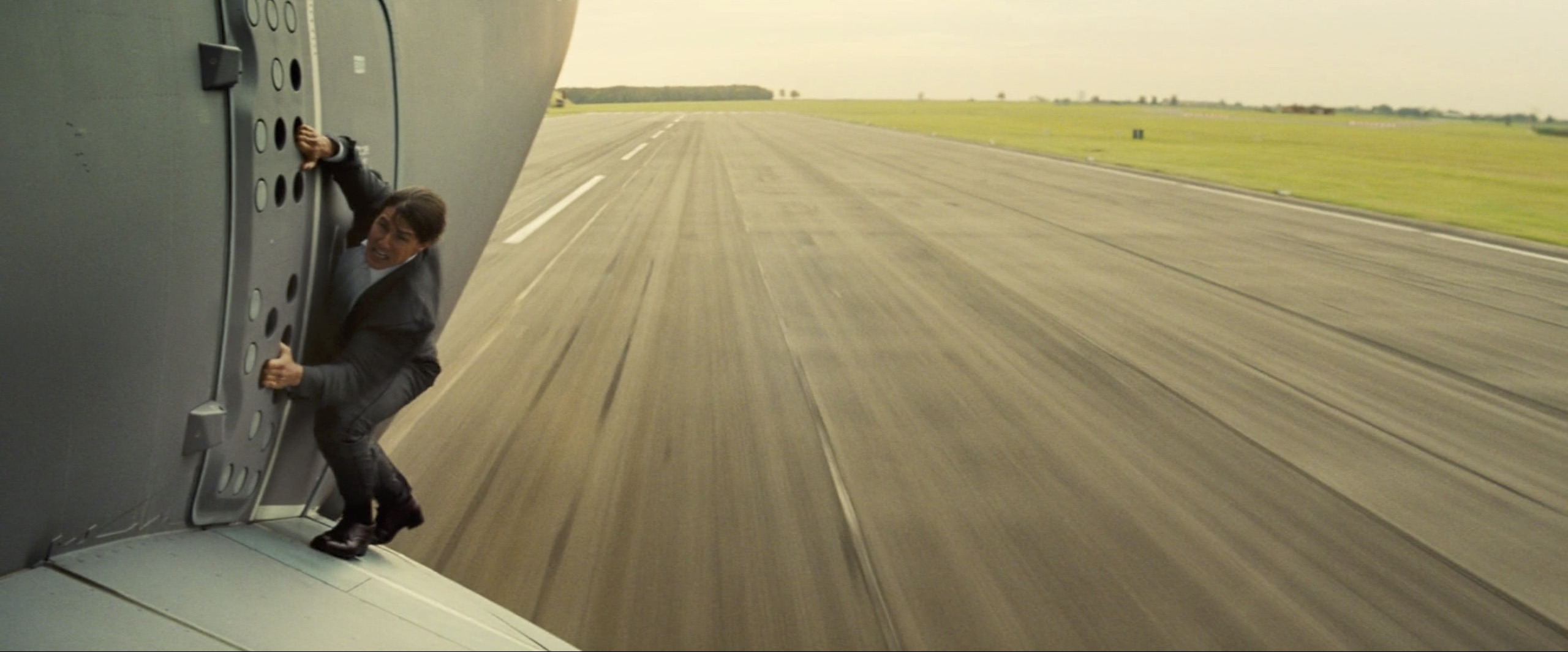Media | Articles
Mission: Impossible Rogue Nation is about more than a car chase
In Christopher McQuarrie’s Mission: Impossible: Rogue Nation, the fifth entry in the M:I series, the entire intelligence community seems to have turned against Ethan Hunt and the Impossible Mission Force. Alan Hunley and the CIA want to dissolve the IMF, Atlee (Simon McBurney) and MI6 see him as collateral damage, and a shadow organization called the Syndicate led by former British intelligence Solomon Lane (Sean Harris) has ever-evolving plans for Ethan, none of them good. The Syndicate is the anti-IMF, inciting revolution by way of terrorism. Lane and the mysterious Ilsa Faust (Rebecca Ferguson) seek to recruit Ethan. When that fails, Lane uses him to acquire a disk, then he tries to kill him, and finally, he nearly blows up his friends. He always seems to be one step ahead of Ethan.
But Ilsa, Lane, and Ethan share one thing in common: a crisis of faith. Rogue Nation explores just how weird it is to be a spy, what happens when a spy begins to question their job, their superiors, whether they’re fighting for the right side, and whether there’s a right side at all. If there’s ever a movie where the narrative drama weighs equally with a sensational BMW M3 car chase, Rogue Nation is it.
In the cinematic world of spies and secret agents, Tom Cruise’s Ethan Hunt is unique. He doesn’t take pleasure in killing, he doesn’t womanize, he isn’t driven by love of country, he isn’t glib or humorless. He doesn’t need high-tech gadgets to get the job done. Although highly skilled, Hunt often feels more like Buster Keaton in The General than James Bond or Jason Bourne. According to Alec Baldwin’s Alan Hunley, Hunt is a specialist without equal, both arsonist and fireman at the same time, the living manifestation of destiny. And, he may be a “man without a country,” but he’s not a loner. Ethan Hunt has the Impossible Mission Force. Ethan Hunt has friends.
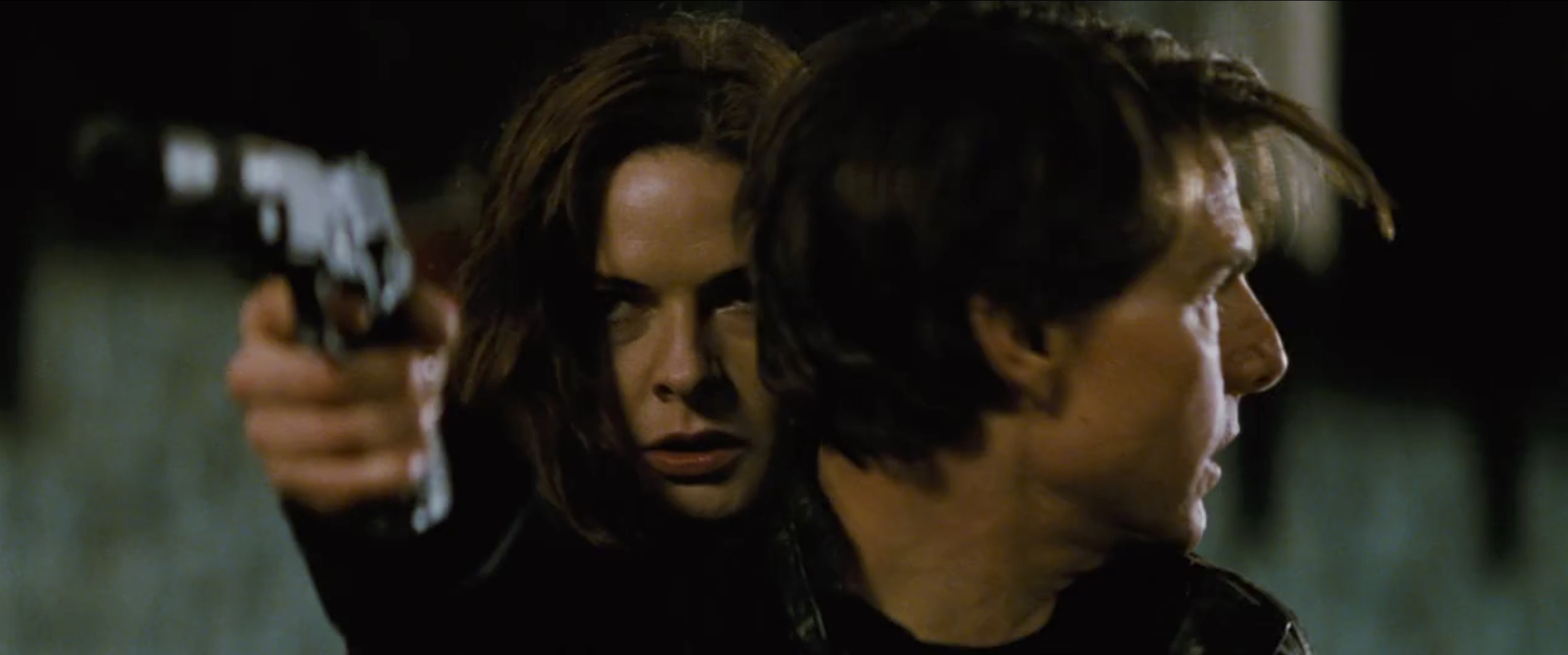
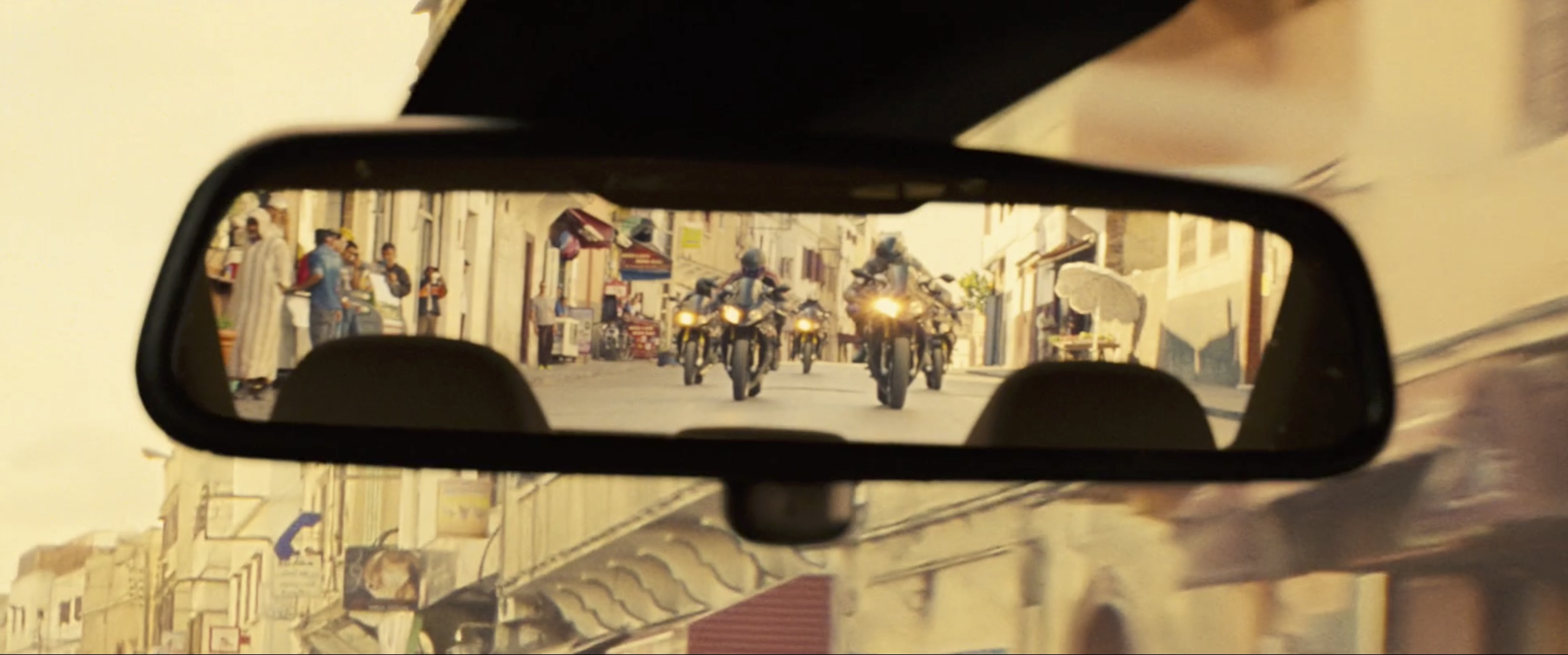
Tom Cruise’s commitment to doing his own stunt work has an enormous payoff. The film opens with Tom Cruise jumping on a moving plane. He wears a gray suit, an homage to North by Northwest—Cary Grant ran from the plane, but in Rogue Nation, Tom Cruise is trying to catch the plane. In an elegant, immaculate opera scene, Cruise fights a would-be assassin on the catwalk high above a production of Turandot. And in a scene where Ethan must switch out security profiles in the torus (an underwater spinning wheel) so that Benji (Simon Pegg) can retrieve a mysterious disk for Ilsa and Lane, Cruise held his breath for six minutes in a single take. Ethan succeeds in making the swap, though technically, he dies, but just for a little while. Ilsa saves him, Benji shows up with the disk and a change of tacky tourist clothes for everyone, and just as he thanks her and apologizes for ever doubting her, she steals the disk and runs.
Marketplace
Buy and sell classics with confidence
Thus begins a car and motorcycle chase through the streets of Morocco. Ilsa tries to use Ethan’s and Benji’s BMW M3 as a getaway car, but she’s waylaid by one of Solomon Lane’s men. She reluctantly joins them, gathered in a circle, gearing up, getting on their motorcycles. Ilsa starts up her bike and spins—knocking Lane’s men over like dominos and riding away. Ethan, freshly back from the dead, slides across the BMW—and slips and falls.
The first half of this chase maintains a delicate balance between tension and slapstick. “Are you okay to drive? A minute ago you were dead,” Benji asks, and Ethan responds: “What are you talking about?” In spite of Ethan’s shot short-term memory, Benji somehow trusts him enough to get in the passenger seat. Ethan and Benji head down the staircase in Rabat, pursued by the Syndicate’s men. Brandt (Jeremy Renner) and Luther (Ving Rhames) enter the scene, crossing paths with Ethan and Benji mid-chase. They nag at each other like siblings on a road trip in their 1990 Land-Rover Defender 110 Station Wagon, which is just a little too big for the narrow alleys. “It’s a high-speed chase. You just had to get the 4×4,” Brandt gripes as he attempts to maneuver out of a tight spot, bikers speeding past them.
Ethan is unstoppable in his pursuit of Ilsa, and he hits one of the bikers so hard that he rolls over the top of the BMW. The other bikers start shooting, blowing out the BMW’s rear window and shattering the rearview mirror. Ethan pulls his emergency brake, spinning the car so it smashes two bikers against the walls of the narrow alley, sending sparks flying. One of the bikers lands on the hood of the car, gun drawn—just in time for a truck to take him out. Ethan reverses at high speed down the alleyway, a third biker shooting at the car. Ethan decides this is a good time to ask Benji if he’s wearing his seat belt. The BMW continues to reverse through traffic. They crash through a gate, and the BMW flies (it was actually shot out of a cannon), tumbles, and lands upside down, with Ethan and Benji trapped. A member of the Syndicate approaches, gun in hand, and just when it seems like Ethan and Benji are goners, Brandt’s and Luther’s Land Rover plows into him, knocking him out of frame.
Somehow, a still-stupefied Ethan gets out of the flipped BMW, picks up his sunglasses, and gets on the motorcycle. It’s thrilling and horrifying to realize that Tom Cruise is really riding a 2010 BMW S 1000 RR, without pads, without a helmet, his knee really grazing the pavement at high speeds. The tone of this last leg of the chase changes, at times feeling not unlike The Road Warrior. There’s no slapstick here, only a very real sense of danger. It’s unusual in that this isn’t a chase between hero and villain, it’s the protagonist in pursuit of an ally, with the bad guys just getting in the way. Rogue Nation’s chase tells us more about our protagonists’ relationships than the conflict between the IMF and their enemies.
Ethan eliminates the remaining bikers one by one, until he rounds a curve and finds Ilsa standing in the middle of the road. Ethan swerves to miss her, and crashes. He risks killing himself to avoid killing her, and he lets her go. She lingers to see whether he’s okay, and Ethan watches, stunned, as she drives away. Even more telling is Ilsa’s look of shame as she leaves, which keeps her character sympathetic, and her motives mysterious. Ethan and Ilsa are given every opportunity to kill the other throughout Rogue Nation, but choose to save each other instead.



After the seeming failure of the mission, the next scene finds Ethan looking disappointed—almost heartbroken—as Brandt, Luther, and Benji join him, more like pals consoling their friend after a bad breakup than U.S. intelligence agents meeting after a failed mission. McQuarrie said, “Tom and I always said the first scene where they met is ‘boy meets girl,’ the opera is ‘first date,’ and the motorcycle chase is ‘the breakup.’” Romantic relationships are a casualty of the job, and human connection in general is a liability. “There are no allies in statecraft, Ilsa, only common interests,” Atlee tells Ilsa. In a story ostensibly about spies, where one might expect duplicity, betrayal, and murder, Rogue Nation is, at its heart, a film about loyalty, honesty, and friendship.
Alan Hunley calls the IMF a “rogue nation,” operating without oversight. In Rogue Nation, there are no missions assigned by the government. The government and the CIA only get in the IMF’s way. These are Ethan’s missions, because he wants to do what’s right, and his friends choose to join him, even when it’s tantamount to treason. And throughout the film, each IMF member declares their friendship. Luther clarifies to Brandt that Ethan is his friend. Benji tells Hunley, “We are not friends. I owe [Ethan] nothing,” and the lie detector’s needle moves tellingly. Won over by the team by the film’s end, Brandt says, “We do what we have to do for our friends, right?” Even Ilsa calls Ethan “our ally” in a conversation with her handler.
Solomon Lane became isolated, resentful, his crisis of faith resulted in the desire to destroy the system at any cost, even if it meant killing innocent people. Ethan tells Lane, “I know you.” Because Solomon Lane is the man Ethan Hunt could have become without self-reflection, without compassion, without the IMF. Lane lacks human connections and a concern for human life, and this is what gives Ethan an edge in their chess game.
Mission: Impossible: Rogue Nation begins with Solomon Lane trapping Ethan Hunt in a glass box as he kills an innocent woman in a record shop, and it ends with Ethan trapping Lane in a box as he and the rest of the IMF watch. Together, they exorcise the dark thing Ethan himself could have become. The IMF aren’t operating as agents of the United States, they exist to save lives, including each other’s. Ethan Hunt’s loyalty is not to the American government, or any government, it’s to his team.

